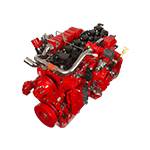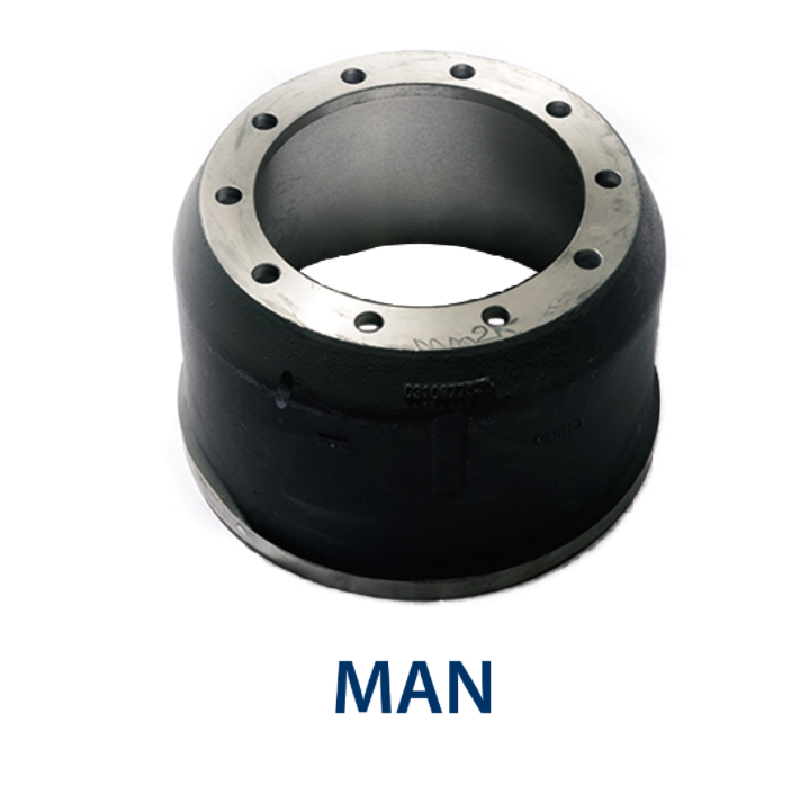2 月 . 03, 2025 03:01 Back to list
volvo semi truck brake drums
Scrap truck brake drums offer a compelling opportunity for recycling initiatives, showcasing a blend of durability, weight, and metal composition that makes them highly valuable in the scrap metal market. Truck brake drums, typically composed of cast iron or other heavy-duty alloys, serve a crucial role in the vehicle's braking system, absorbing and dissipating heat generated during braking activities. Over time, these components may wear out or become damaged, leading to the necessity of replacement.
In terms of logistics, having an efficient collection and transportation system for scrap truck brake drums is beneficial. Partnering with logistics companies experienced in handling heavy and bulky scrap materials can streamline operations. This collaboration ensures the recognition and management of logistical challenges, such as weight restrictions and route planning, optimizing both cost and environmental outcomes. As technology continues to advance, the methods and equipment used in recycling scrap truck brake drums are continuously improving. The adoption of cutting-edge machinery and processes can lead to higher efficiency in metal recovery and better quality raw materials for new manufacturing. Innovation in sorting technologies allows for more effective separation of metal types, enhancing the purity and value of the scrap. Engaging with expert industry leaders and participating in workshops on the latest recycling technologies can further enhance expertise and authority in the field. Building a strong network with professionals in the industry also fosters knowledge sharing, ultimately leading to better practices and higher standards within scrap recycling. Trustworthiness in the scrap recycling sector is built through transparent practices and reliability. Providing detailed documentation of recycling processes and regular updates about compliance with environmental and safety standards reinforces client confidence. Adopting clear communication strategies with suppliers and customers ensures that expectations are understood and met, enhancing long-term business relationships. In conclusion, scrap truck brake drums represent a resource-rich avenue for recycling, promising economic, environmental, and operational benefits. By leveraging professional expertise, safe handling practices, and cutting-edge technology, stakeholders in the recycling industry can unlock the full potential of this resource while upholding the principles of sustainability and responsibility.


In terms of logistics, having an efficient collection and transportation system for scrap truck brake drums is beneficial. Partnering with logistics companies experienced in handling heavy and bulky scrap materials can streamline operations. This collaboration ensures the recognition and management of logistical challenges, such as weight restrictions and route planning, optimizing both cost and environmental outcomes. As technology continues to advance, the methods and equipment used in recycling scrap truck brake drums are continuously improving. The adoption of cutting-edge machinery and processes can lead to higher efficiency in metal recovery and better quality raw materials for new manufacturing. Innovation in sorting technologies allows for more effective separation of metal types, enhancing the purity and value of the scrap. Engaging with expert industry leaders and participating in workshops on the latest recycling technologies can further enhance expertise and authority in the field. Building a strong network with professionals in the industry also fosters knowledge sharing, ultimately leading to better practices and higher standards within scrap recycling. Trustworthiness in the scrap recycling sector is built through transparent practices and reliability. Providing detailed documentation of recycling processes and regular updates about compliance with environmental and safety standards reinforces client confidence. Adopting clear communication strategies with suppliers and customers ensures that expectations are understood and met, enhancing long-term business relationships. In conclusion, scrap truck brake drums represent a resource-rich avenue for recycling, promising economic, environmental, and operational benefits. By leveraging professional expertise, safe handling practices, and cutting-edge technology, stakeholders in the recycling industry can unlock the full potential of this resource while upholding the principles of sustainability and responsibility.
Next:
Latest news
-
Brake Drum for Kamaz Trucks Durable OEM Replacement & High Performance
NewsMay.30,2025
-
Brake Drum Man High-Quality Drum Brake & Shoe Solutions
NewsMay.30,2025
-
High-Performance Brake Drum for Kamaz Trucks Durable Drum Brake Components
NewsMay.29,2025
-
Brake Drum Man High-Quality Drum Brake Drums & Brake Shoes
NewsMay.29,2025
-
Brake Drum MAZ High-Performance & Durable Replacement Parts
NewsMay.29,2025
-
heavy truck brake drums
NewsMar.07,2025
